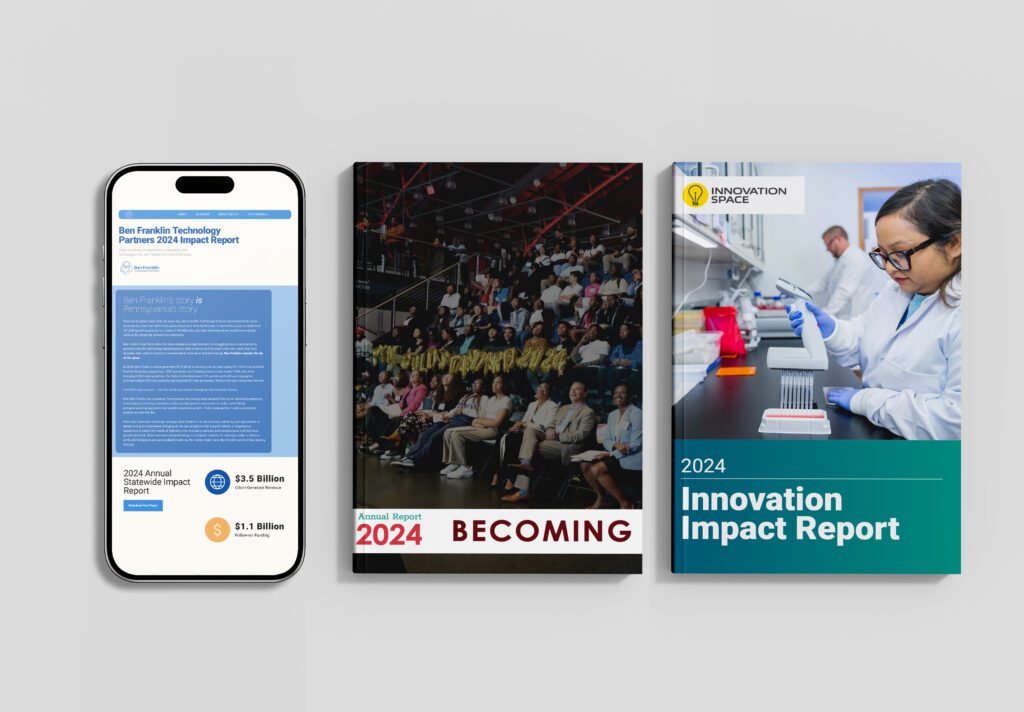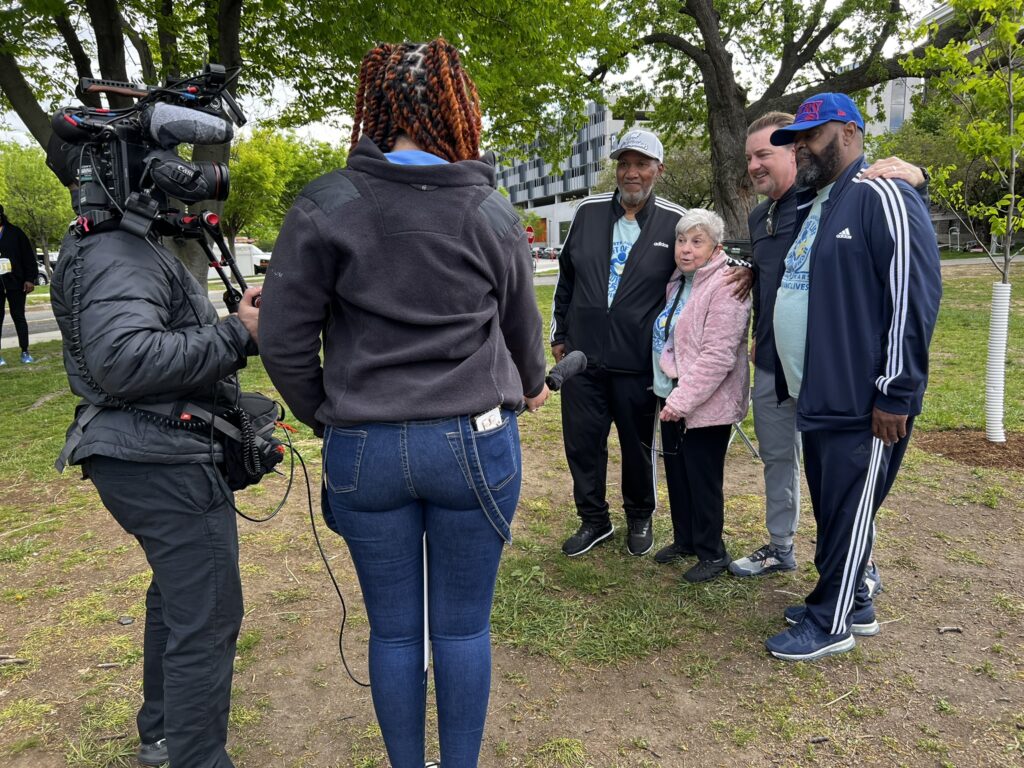The Inquirer is banking on it – and I’m all in

I recently attended one of the Philadelphia Inquirer’s “Inquiring Minds” sessions, which discussed an article in the paper’s newest section, The UpSide. Launched in April, The UpSide was created in response to a reader request asking if the paper would consider only publishing good news for a day. This request came after she read that a growing number of teenagers are consumed with anxiety over the state of the world.
This trend, of course, isn’t limited to teens. As anxiety increases among the general population, some psychiatrists are even advising their anxious clients to stop watching the news. More often than not these days, I hear friends, family members and others saying they can’t even bear to read or watch the news anymore because it’s too depressing or makes them anxious. And how can it not? In any given week, it is not atypical to have a cascade of push notifications delivering terrible news straight to our phones – from international trade wars to school shootings to devastating natural disasters.
And while the old adages, “if it bleeds, it leads” and “good news doesn’t sell” are hard to dispute, I do think that people are yearning more than ever for stories of hope and inspiration – stories about real people spreading goodness and creating solutions in a world where being in a constant state of chaos feels like the norm.
This was certainly the takeaway from the Inquiring Minds session. Editor Ronnie Polaneczky mentioned how since starting The UpSide, the response from readers has been overwhelmingly positive, so much so that they’re adding another reporter to the team. And one of the panelists, Travis Commodore, put it perfectly when he said, “We’re in a society where sensationalism and negativity and untruths rule the day… So I appreciate you taking the initiative to create an opportunity for people to instill joy in their lives or remind them that good exists.”
I echo Travis’s comments. Indeed, I was particularly excited to hear about the launch of The UpSide for a few reasons. On a personal note, I much prefer reading uplifting stories to sad ones while enjoying my morning cup of coffee. And on a professional note, among the many things we do at Ceisler Media is help clients amplify their good news. Whether it shining a spotlight on a 60-year-old grandmother graduating as valedictorian of Cheyney University’s 2019 class, veterans and low-income children hosting an urban farm-to-table fundraiser, or Comcast employees pitching in to volunteer in their local communities, our clients are doing good in their respective spaces, and we help make that known. So the more space devoted to running pieces like these, the better.
Some may think of these as fluff pieces or fillers. Not so. These stories are about everyday people – our neighbors, coworkers, and friends – championing for good, and they deserve to be told.
I recognize that the world is complex and isn’t full of rainbows and sunshine 24/7, so bad news will continue to have its spot on the front page. But, we need a healthy balance of bad and good news to make sure we don’t become hopeless, and to remind us that morality still exists within humanity.
So hat’s off to the journalists, communications professionals and, of course, everyday readers who recognize that good news not only sells, but also sustains us.




